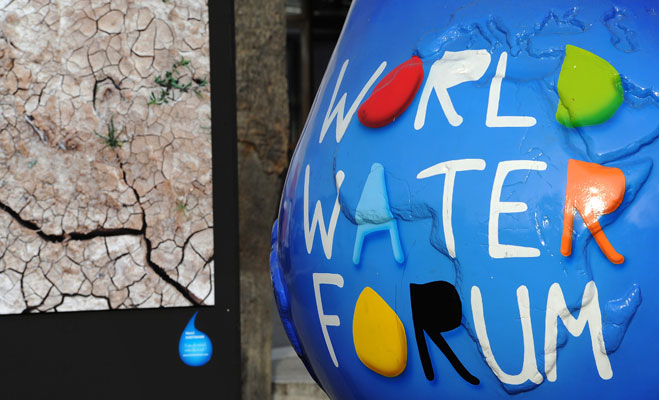SA water faces tough future
Water infrastructure looks to continue to be a major issue for South Africa, as management takes heavy criticism

South Africa’s water management strategy is currently on a knife edge, with
senior Sasol and Eskom managers warning that just one major drought over the next eight years in the catchment area of the Vaal River will pose a serious threat to the stability of the region’s agricultural and industrial output.
Ensuring adequate water supply to the Vaal catchment area is currently high on the agenda for water management teams in South Africa. Although long term plans to ease the situation are already in place, Phase II of the Lesotho Highlands Water Project (LHWP) is not scheduled to start delivering water to the Vaal until 2020. With deadlines on projects of this magnitude habitually over running, it is a distinct possibility that additional water may not reach the region until around 2021.
Although the region has not suffered a significant drought in recent years, enjoying good rainfall of late, long term rainfall patterns are notoriously difficult to predict, meaning a severe drought in the next decade is a distinct possibility.
Coal and oil giants Sasol believe that increased water use efficiency alone will not be enough to divert a crisis, should a drought occur. Andries Meyer, Sasol’s sustainable water manager, believes that increased liaison between national, provincial and local government is also essential, as is close co-operation between the public and private sectors. Meyer believes that government incentive schemes are the best method of promoting such public/private sector partnerships.
Electricity provider Eskom shares Sasol’s concerns, adding that competition for available water between large industrial and domestic users will become a political issue in the region, should a drought occur.
The area’s problems are exacerbated by massive water loss through leaks, thought to be in the region of 25-33 percent, and illegal abstraction of water from the Vaal by local farmers.
At the sixth World Water Forum, which took place in Marseilles from in March, Water and Environmental Affairs Minister Edna Molewa lead a delegation from South Africa that voiced grave concerns over the future of water management in her country.
While endorsing the significant contribution that South Africa has made to raising public awareness, the World Water Forum also recommends the implementation of ongoing legal and institutional reforms in the country, to ensure maximum accountability and sustainability are achieved in the long term.













